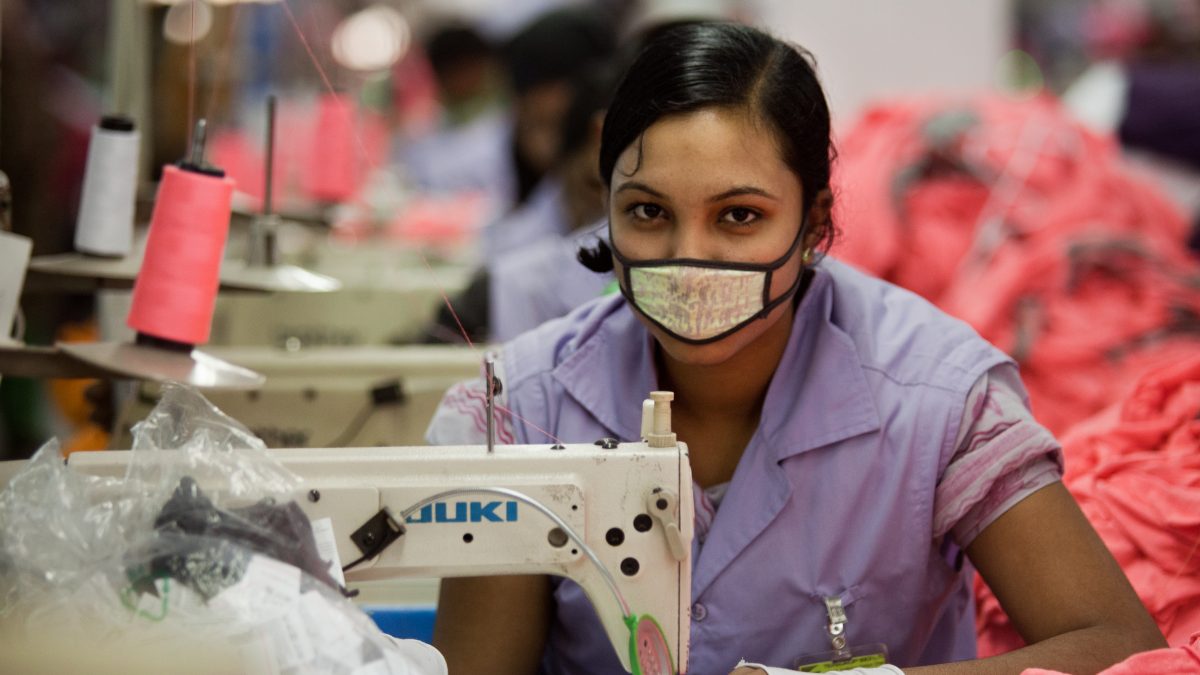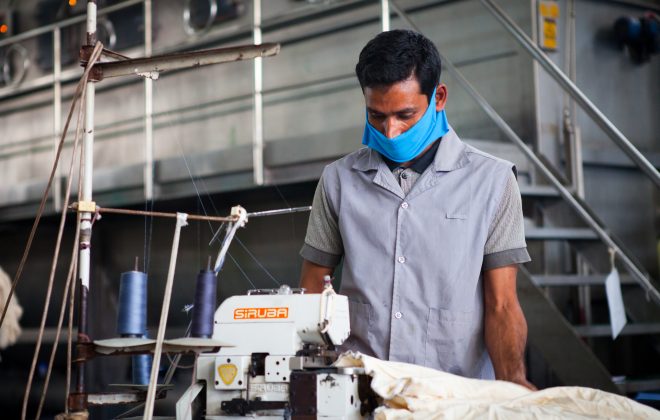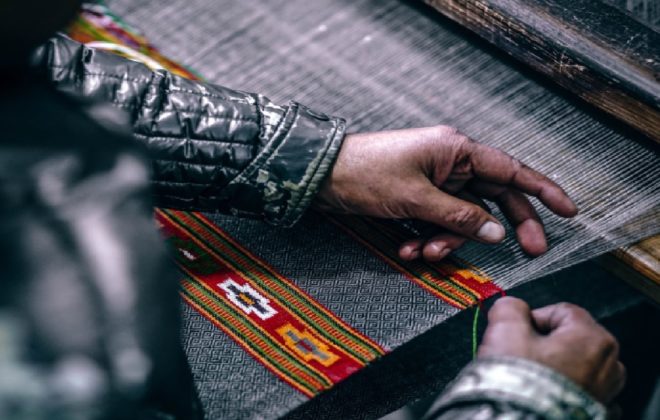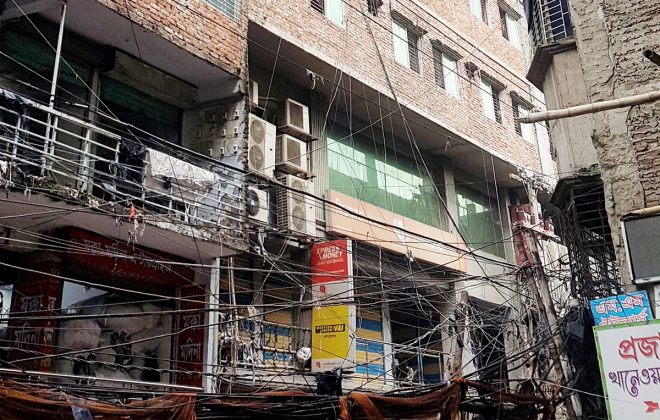Rana Plaza Tragedy: Rumination of the Memoir and Contemplation of the Imminent
Despite the noteworthy achievements of the ready-made garment (RMG) industry in Bangladesh, which significantly contributes to the country’s economy, the apparel sector has always been facing unique challenges.
The 24 April 2020 marked the seventh anniversary of the Rana Plaza collapse reminding us the ever-going challenges to the garment sector since the tragedy took place that has been a significant tragic day for the entire nation.
Over 1,100 workers perished that we witnessed, and the entire world was utterly shocked by the catastrophe, resulting in bleak consequences for the sector in terms of responsibility, compliance, and obviously, transparency.
Along with many initiatives that came about since 2013, Brac University undertook a pilot project titled “Participatory Factory Mapping Research” (PFMR) which led to the first-ever RMG mapping project in Bangladesh.
On the basis of the success of the pilot project, a nation-wide “Digital RMG Factory Mapping in Bangladesh” (DRFM-B), was initiated in 2017. Subsequently, the DRFM-B project was renamed as “Mapped in Bangladesh” (MiB).
The 4-year MiB project aims to map the export-oriented RMG industry across all garment-producing districts in the country. In line with the nation’s “Digital Bangladesh Vision 2021”, the RMG industry is expected to come one step closer to aligning itself to digitize every sector, allowing MiB to function as per nation’s mandate.
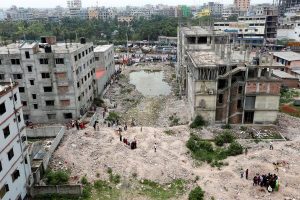
Keeping the tragic circumstances in mind, the objective of MiB is set to provide accurate, credible and updated RMG factory information to all industry stakeholders in a manner that enables greater efficiency, productivity, accountability and transparency. Designed and built in Bangladesh, this unique and powerful mapping tool serves as a home-grown solution that further strengthens the country’s significant and thriving RMG industry.
Being the project’s implementation body, Centre for Entrepreneurship Development (CED) of Brac University is collecting primary data on the export-oriented RMG industry and disclose information to the public in the form of an interactive online map [www.mappedinbangladesh.org]. Driven by a collective action and participatory approach, MiB seeks input from all stakeholders through its crowd-sourcing platform, in order to keep the data accurate and up-to-date.
This initiative came up because of the fact that due to the absence of a comprehensive, credible, and dynamic data archive of producers involved in the apparel supply chain, a lot of debates and misconceptions have arisen based on conjecture and analysis of unauthenticated secondary information.
What has been done so far? MiB has been building a detailed industry-wide credible database of RMG factories including factory name, address, GPS location, registration status, production process, building type, worker number (male-female ratio), exporting countries, brands/buyers, certifications, affiliations, memberships (BGMEA/BKMEA), nearest fire service and health facilities, and many more.
A lot of realizations came in response to the tragedy that was voiced by a stakeholder of the industry: “If we had such a map during Rana plaza tragedy, we could have reacted more quickly, and we would have known how many factories and workers were in the building, and which brands were being produced there.”
MiB is the first of its kind, providing a detailed industry-wide database of export-oriented RMG factories on an interactive, digital map (similar to Google Maps). This new platform is publicly accessible in order to catalyze transparency and bring about meaningful industry improvements in Bangladesh, and thus strengthen the sector as a whole.
The project presents an opportunity in Bangladesh to harness the power of transparency to change lives and enhance business practices in the RMG industry. We envision that MiB would encourage accountability and joint actions among sector stakeholders i.e., factory owners, trade associations, workers, brands, buying houses, along with GO/NGOs, and others.
BGMEA (Bangladesh Garments Manufacturers and Exporters Association) and BKMEA (Bangladesh Knitwear Manufacturers and Exporters Association), the apex trade associations of Bangladesh are the strategic partners of MiB. The Department of Inspection for Factories and Establishments (DIFE), Ministry of Labour and Employment (MoLE), Government of Bangladesh (GoB), is also playing a great role by providing necessary strategic support.
MiB project is being supported by Laudes Foundation, which is inspired with the aspiration of “Redefining value for the good of all”, and the Kingdom of the Netherlands also extended their support as co-funder. The project is being coordinated by BRAC.
MiB is driven by the fundamental belief that transparency and traceability lead to long-term industry advancements and improved working conditions, and it is a commitment to all stakeholders that a transformative change is happening in the RMG industry in Bangladesh.
As the entire nation and the world commemorate the tragic day of Rana Plaza incident every year, collective actions and approaches can contribute to peter out the confusions regarding the sector and to bring to an end of all imminent misfortune.
Please visit: www.mappedinbangladesh.org for more details, and please do let us know what you think about our initiative at: [email protected]
Md Abdullah Al Kaium
Senior Manager (Knowledge Management and Communication)
Centre for Entrepreneurship Development (CED)
Brac University
Photo Credit: EFE/ABIR ABDULLAH
Related Posts
Leave a Reply Cancel reply
Categories
- Closed factories (1)
- COVID-19 (6)
- Design (1)
- Google (3)
- Map (13)
- mappedinbangladesh (2)
- Motivation (1)
- Non-Operational (1)
- RMG (21)
- Sweater (2)
- Uncategorized (1)

